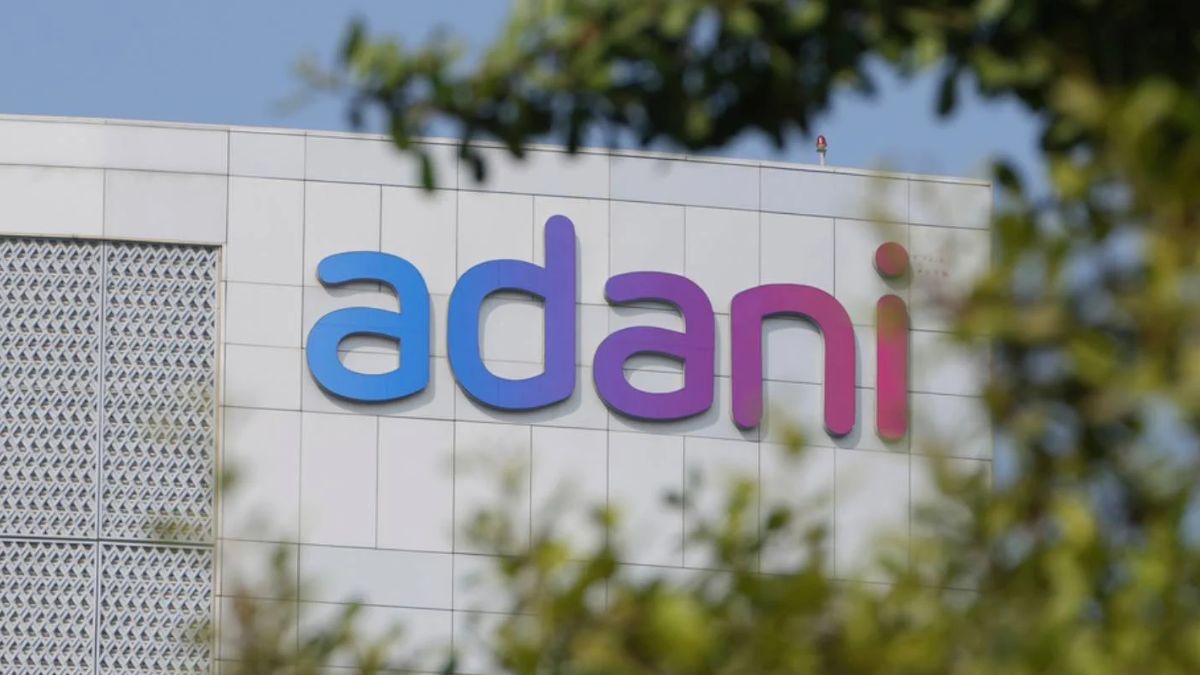Bangladesh made its biggest single payment of USD 437 million in June to clear pending dues to Adani Power, including carrying costs and issues related to the power purchase agreement. This payment confirms Adani’s power supply as reliable and cost-effective for Bangladesh’s growing energy needs, sources said.
According to sources familiar with the matter, Bangladesh is now making regular payments. A Letter of Credit (LC) covering about two months of billing and a sovereign guarantee for all dues have also been put in place as extra security.
Now that payment issues have been resolved, Bangladesh has asked Adani Power to supply electricity from both units as per the Bangladesh Power Development Board (BPDB) schedule, the sources added.
The sources also said that over the last 3–4 months, Bangladesh has been paying USD 90–100 million per month. The USD 437 million payment in June cleared all pending dues, including the carrying cost. The LC and sovereign guarantee have placed Adani Power in a strong position. Investigations by Bangladeshi authorities into the power purchase agreement (PPA) found no negative findings, easing earlier concerns.
These positive developments have increased lender confidence, and Adani Power’s credit rating is now expected to be upgraded from AA to AA+.
Adani Power supplies electricity to Bangladesh from a 1,600 MW power plant in Godda, Jharkhand. This plant meets about 10% of Bangladesh’s power demand. According to BPDB’s merit order dispatch data, Adani Power provides electricity at one of the most competitive prices.
Bangladesh had earlier struggled with payments under the 2017 agreement due to rising import costs after the Russia-Ukraine war in 2022 and political unrest that led to the removal of the Prime Minister. As a result, Adani reduced power supply by half in November 2024. Full supply resumed in March 2025 after Bangladesh started making regular payments.
The Godda unit, earlier operated under a separate company, has now been merged with Adani Power, improving operations and finances. This merger and regular payments are expected to help reduce Adani Power’s cost of funds further as the credit rating improves.
The recent developments support the original agreement between Bangladesh and Adani Power. The Godda plant is now fully integrated into Bangladesh’s power system.
Under the 2017 agreement, Adani Power’s Godda plant was to supply 100% of its electricity to Bangladesh for 25 years. Adani resumed full 1,600 MW supply in March after Bangladesh began reducing its outstanding dues. The country increased repayments from July last year to deal with rising power shortages, especially in rural areas.
Bangladesh had been facing challenges in earning enough U.S. dollars to pay for vital imports like electricity, coal, and oil. The country’s foreign exchange reserves dropped due to months of student protests and political instability, which led to the ousting of the Sheikh Hasina government in August 2024.
The interim government that took over has asked the International Monetary Fund (IMF) for an additional USD 3 billion loan, on top of the earlier USD 4.7 billion bailout package.
The power deal between Bangladesh and Adani was one of several signed under Sheikh Hasina’s leadership. The current interim government has criticized these deals as being unclear. Other Indian companies like NTPC Ltd and PTC India Ltd also supply power to Bangladesh.












